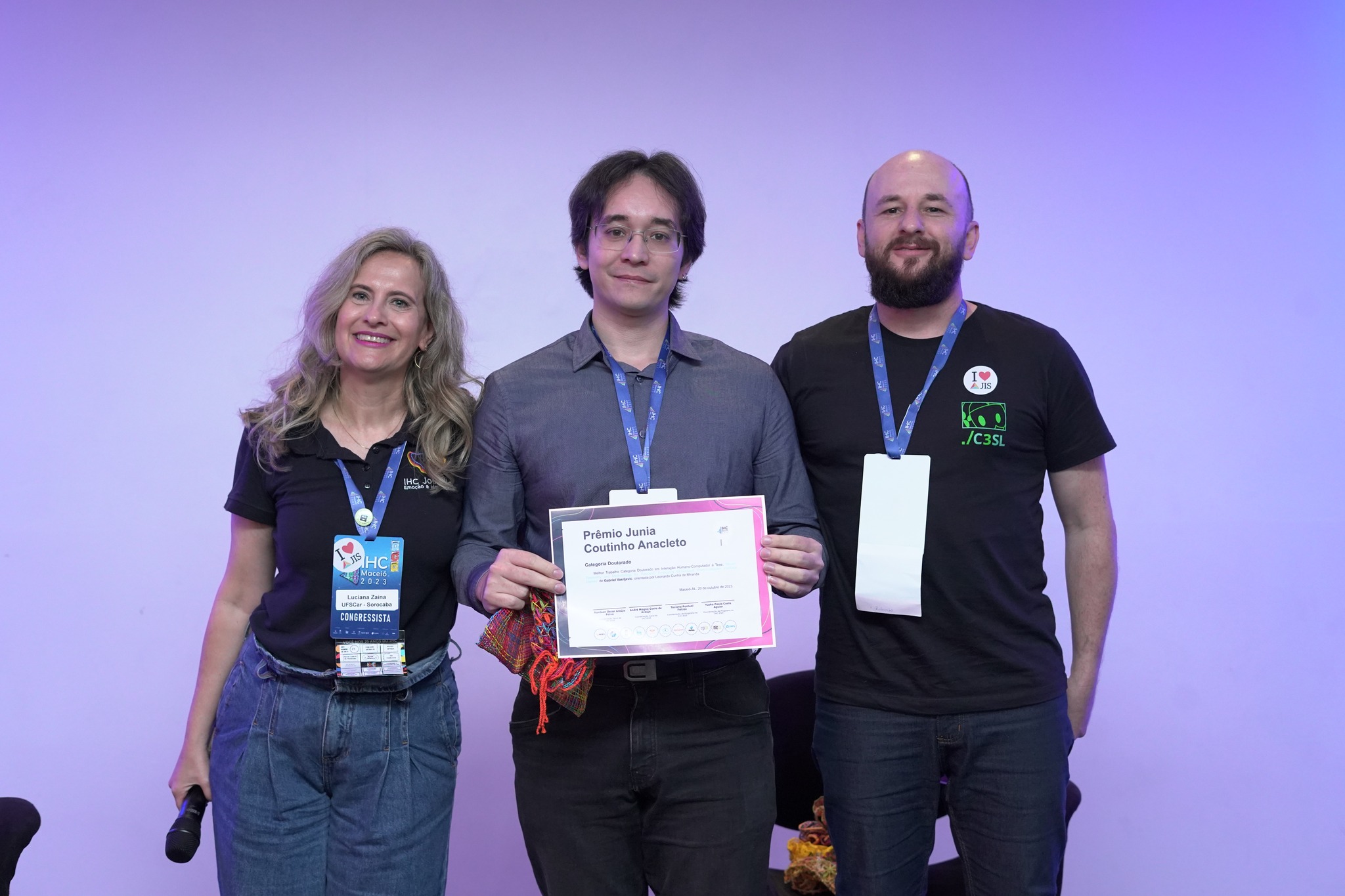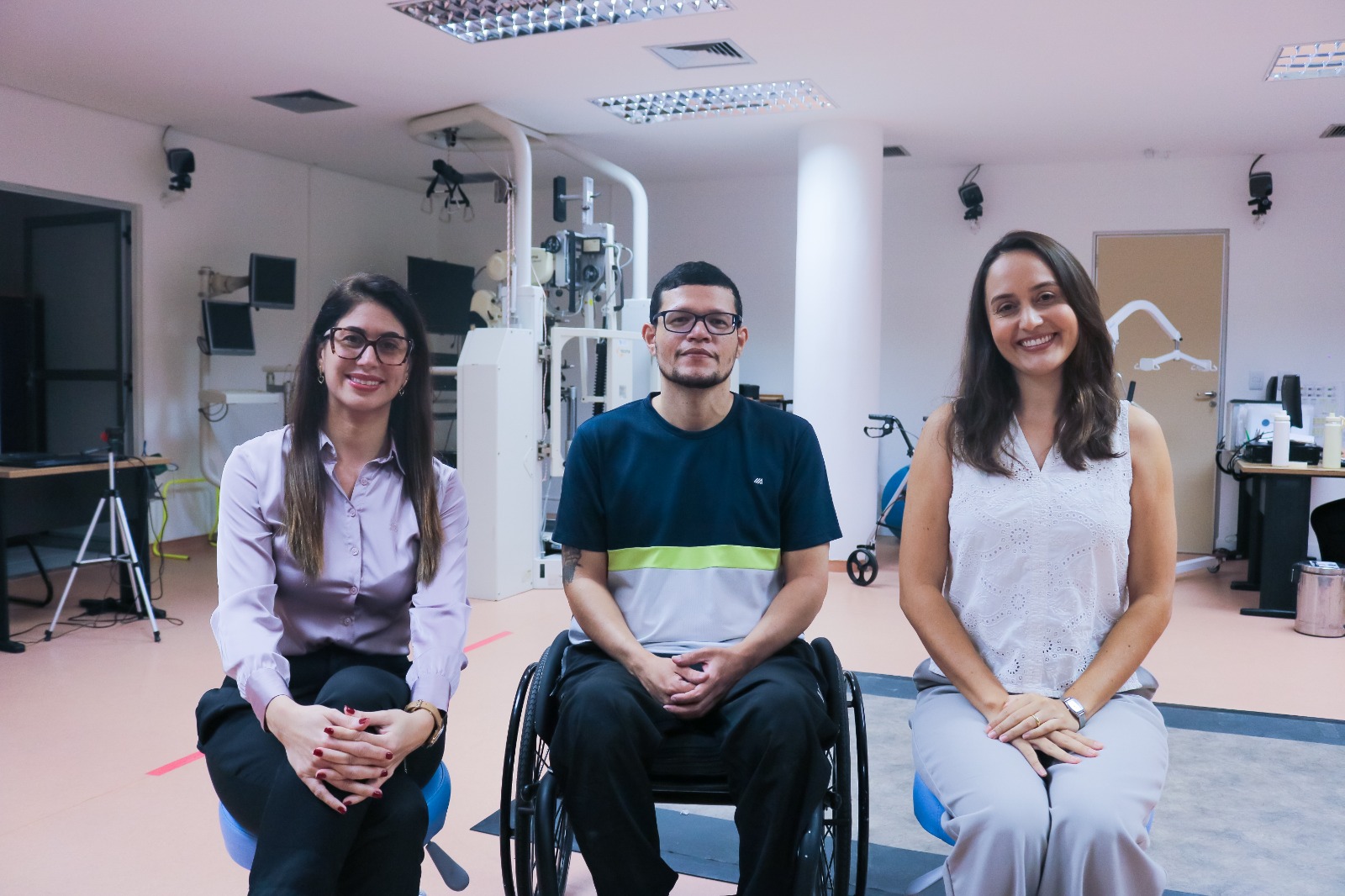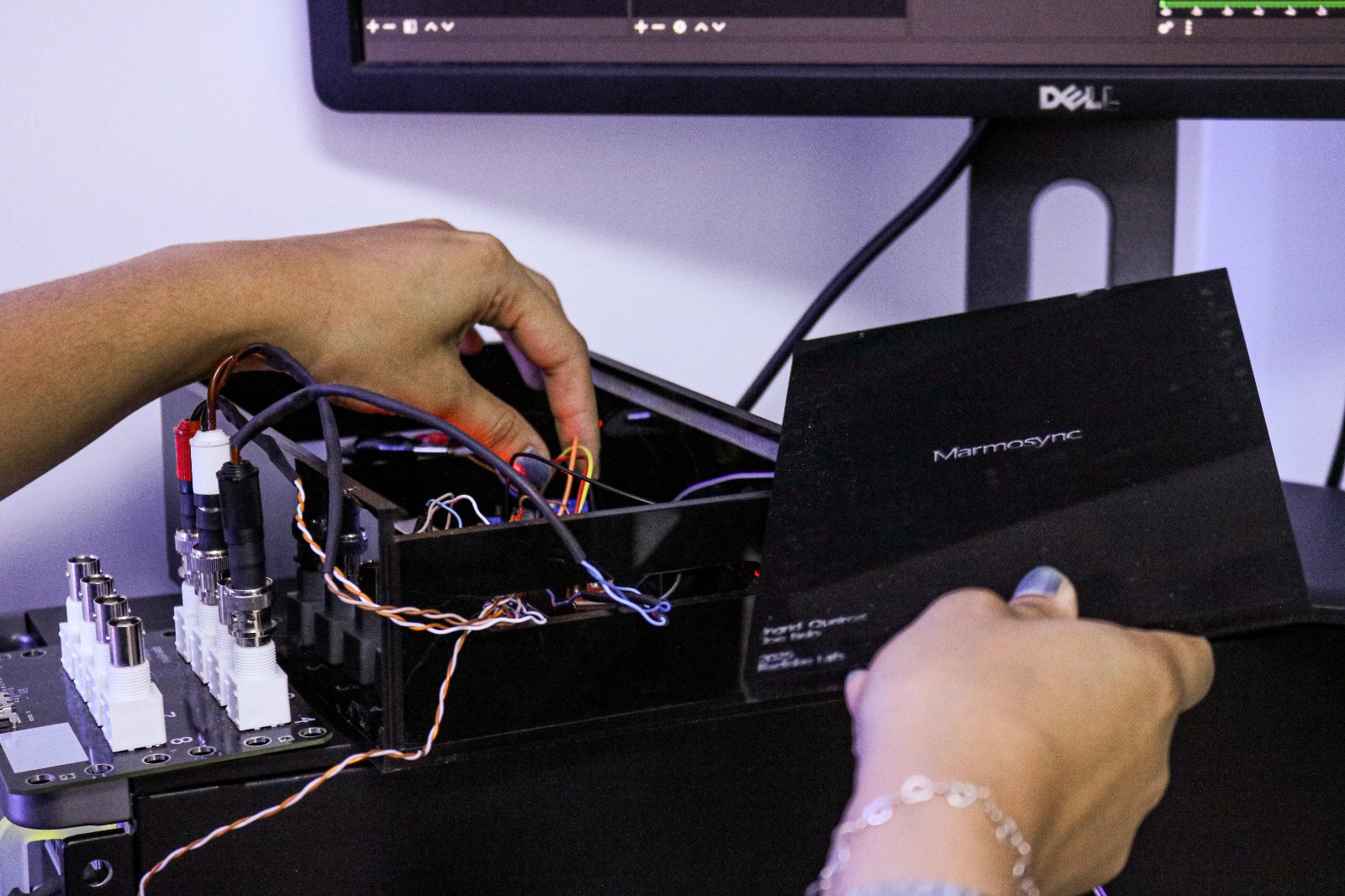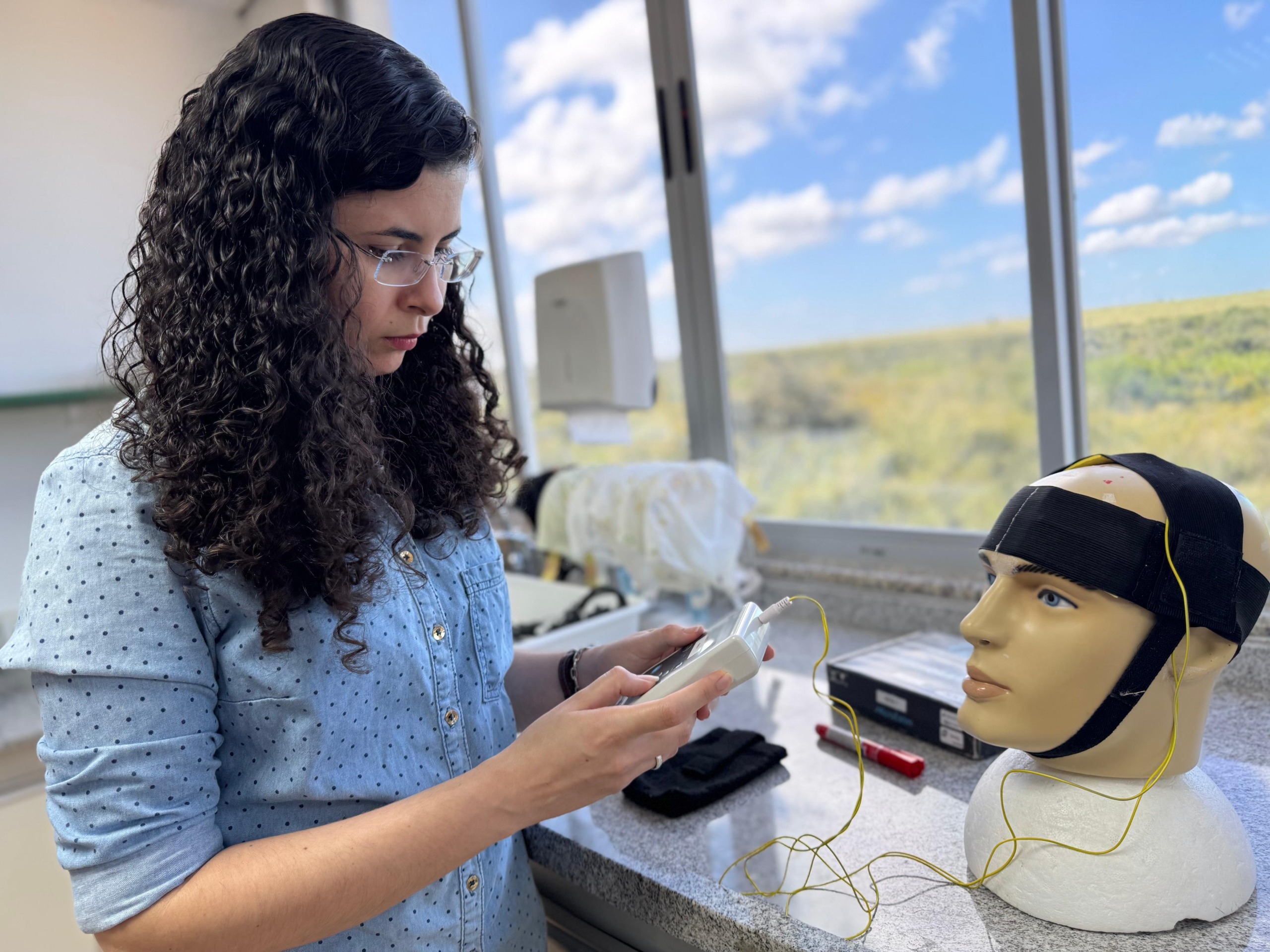Research professor at the Santos Dumont Institute (ISD), Gabriel Alves Vasiljevic Mendes, received the Junia Coutinho Anacleto Award for Best Doctoral Thesis at the 22nd Brazilian Symposium on Human Factors in Computing Systems, which took place in Maceió (AL).
The thesis, supervised by Professor Leonardo Cunha de Miranda, was developed at the Department of Computer Science and Applied Mathematics of the Federal University of Rio Grande do Norte (DIMAp/UFRN), in the PAIRG research group, which is the acronym for Physical Artifacts of Interaction Research Group, in English.
The work is titled “Model, Taxonomy and Methodology for Research Employing Electroencephalography-based Brain-Computer Interface Games” [Model, taxonomy and methodology for research applying games based on electroencephalography with Brain-Computer Interface, in free translation]. He was also a finalist in the Best Thesis category at the 43rd Congress of the Brazilian Computer Society (CSBC'23), which took place in August.
“The most important aspect of the thesis was that it integrated methodologies and techniques from several different areas to facilitate Brain-Computer Interface research for people who are not necessarily from the neuroscience field. Neuroscience researchers do not always have experience in the computer field, and vice versa, so the research creates an interdisciplinary method in which the two areas are combined.”
Brain-Computer Interface
A research line at ISD, Brain-Computer Interface, also known as Brain-Machine Interface, is an area that deals with the interaction between the human brain and computer systems. It is widely explored in the area of rehabilitation, where it is used in various contexts, such as to move exoskeletons based on the user's thoughts.
The use of Brain-Computer Interfaces, however, has been growing beyond clinical settings, with recent examples of applications in areas such as education, arts and games, a dimension that was explored by Vasiljevic in his thesis. In his work, he developed a taxonomy to classify primary studies in the area, as well as a methodology to conduct scientific studies with games that use Brain-Computer Interfaces based on electroencephalography, one of the non-invasive methodologies for capturing brain signals.
ABOUT ISD
The Santos Dumont Institute (ISD) is a Social Organization linked to the Ministry of Education (MEC) and includes the Edmond and Lily Safra International Neuroscience Institute and the Anita Garibaldi Center for Health Education and Research, both in Macaíba. ISD's mission is to promote education for life, forming citizens through integrated teaching, research and extension actions, in addition to contributing to a fairer and more humane transformation of Brazilian social reality.













